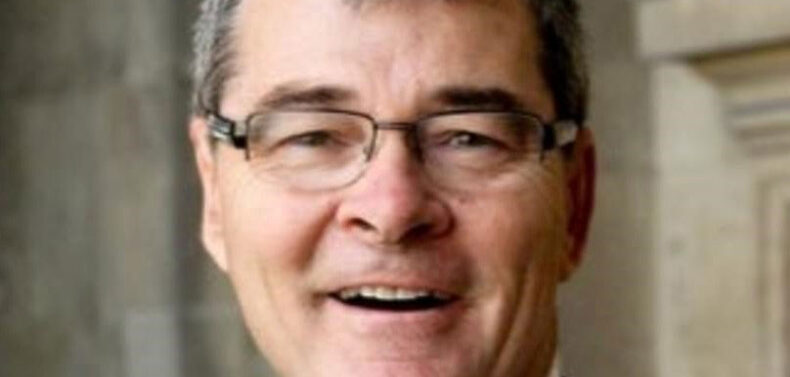Mad about your ever-rising electric bills? Now you have a chance to do something about it.
After elections were delayed for years because of a lawsuit, Georgia voters will soon pick two out of the five members of the Public Service Commission, which regulates Georgia Power, among other duties. Primaries are Tuesday, June 17, and early voting runs through Friday, June 13 at the Athens-Clarke County Elections Department downtown and the ACC Library. Voters must choose which primary they want to vote in.
PSC members each represent a district, but they run statewide. In the Democratic primary, four candidates from District 3 in metro Atlanta are competing for the right to face incumbent Fitz Johnson in November. In District 2—which includes Athens, Augusta and Savannah—Republican incumbent Tim Echols has a challenger in the GOP primary; the winner goes on to face Democrat Alicia Johnson.
PSC elections have been delayed since 2022, when a group of Fulton County voters filed a lawsuit alleging that Georgia’s method of electing district representatives statewide diluted the Black vote. The U.S. Supreme Court ultimately disagreed.
District 3 Democrats
On the Democratic side, four candidates are competing in the June 17 primary for Public Service Commission in District 3.
Daniel Blackman is the best known of the Democratic candidates. He ran for Public Service Commissioner in 2020 and came just shy of victory against incumbent Republican Lauren “Bubba” McDonald. After the election, he served at the Environmental Protection Agency for three years, first as regional administrator for the Southeast and later as the senior advisor for STEM recruitment and diversity, appointed by President Joe Biden.
Blackman is running on a platform of stopping constant Georgia Power rate hikes, promoting clean energy and expanding broadband internet across rural Georgia. He says that the current commission “has been bought and sold” by the utility companies and promises that he will not take campaign contributions from these corporations or their executives. He’s been endorsed by the Sierra Club, the Working Families Party and Georgia Conservation Voters.
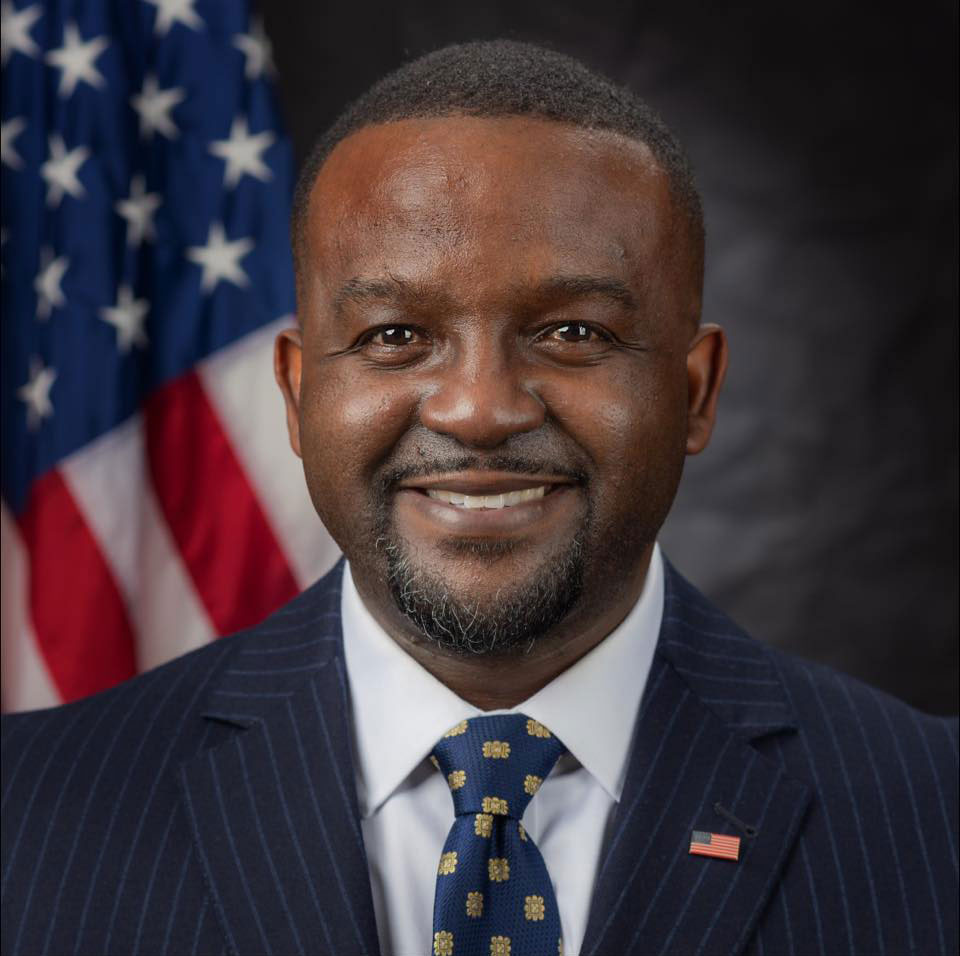
Blackman might seem an obvious choice for Democrats, but a judge declared him ineligible to run in 2025, a ruling that was upheld by Secretary of State Brad Raffensperger. However, another judge issued an injunction against the disqualification. Blackman will remain on the ballot pending a hearing scheduled for June 10. [Editor’s note: A judge upheld the disqualification June 10, meaning no votes for Blackman will be counted. A sign will be posted at voting sites stating that he is no longer a candidate.]
Democrats have three other options in this race, including Peter Hubbard, an energy policy analyst and the founder of the nonprofit Georgia Center for Energy Solutions. Hubbard has worked in the energy industry for 15 years, mostly for Siemens Energy Business Advisory, a consulting firm. In this role, he prepared integrated resource plans for utility companies, such as the one drafted by Georgia Power and approved by the Public Service Commission every three years.
For years, Hubbard has been speaking out against Georgia Power’s long-term energy plan, saying that it doesn’t do enough to lower rates for consumers or to invest in clean and renewable energy. He argues that Georgia Power’s plan “underestimates fossil gas costs, puts roadblocks in front of renewable energy and will further raise power bills on the backs of residential electricity customers in Georgia.”
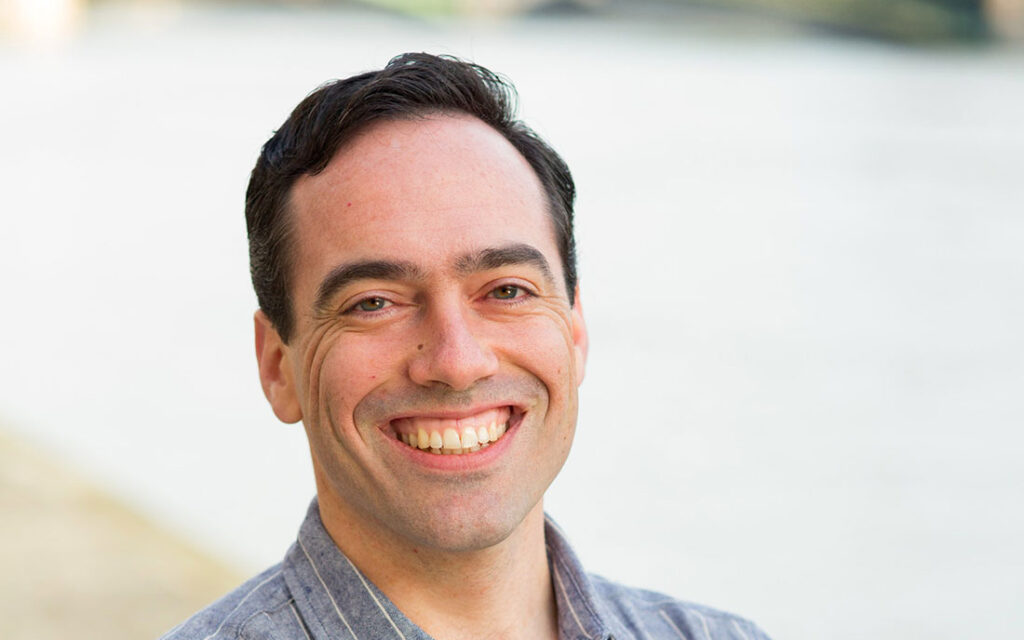
In 2022, Hubbard ran for the Georgia House of Representatives in District 90 but was trounced in the Democratic primary, managing only 659 votes out of 11,249.
Another option for Democrats, Robert Jones, has a background in utility regulation with strong policy credentials. Jones worked as a regulatory analyst for the California Public Utilities Commission for three years and in the telecommunications industry for 20 years, including at Sprint, Pacific Bell and Qwest Communications, where he served as senior vice president for network engineering and construction.
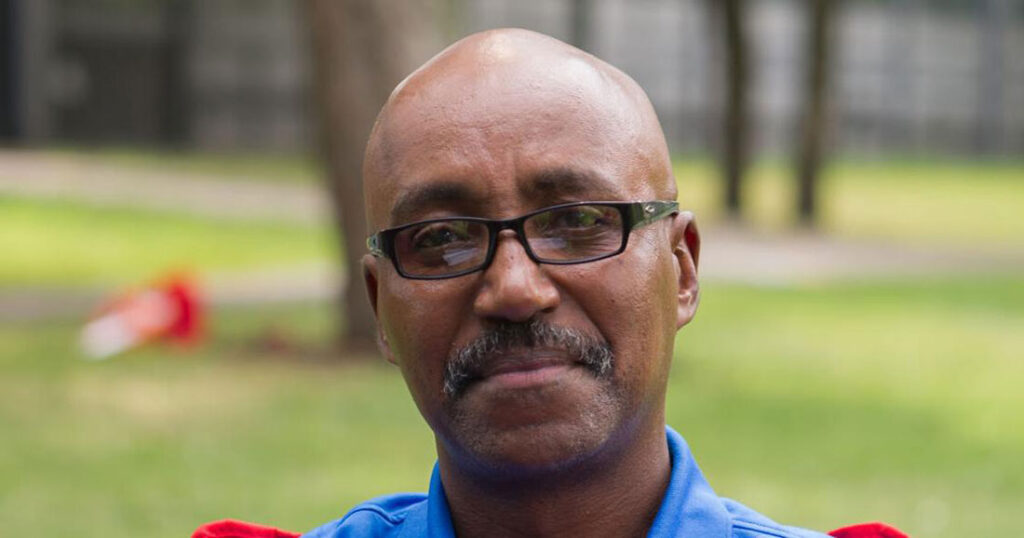
Jones argues that the Public Service Commission is “vastly underperforming.” If elected, he says he would focus on limiting the cost of electricity for consumers, making Georgia the nation’s leader in rooftop solar—we’re currently in 35th place—and on expanding high-speed internet to rural Georgia.
Jones has never run for public office before, and he has been mostly self-funding his campaign.
Jones and Hubbard are similar candidates in that they have strong policy credentials but essentially no political experience and may struggle to win a challenging statewide election.
Keisha Waites is the final Democratic candidate running in this primary. Unlike the other eligible candidates, she has political experience, serving on the Atlanta City Council from 2022–2024 and as a state representative from 2012–2017. If elected, she would be the first openly gay member to serve on the commission.
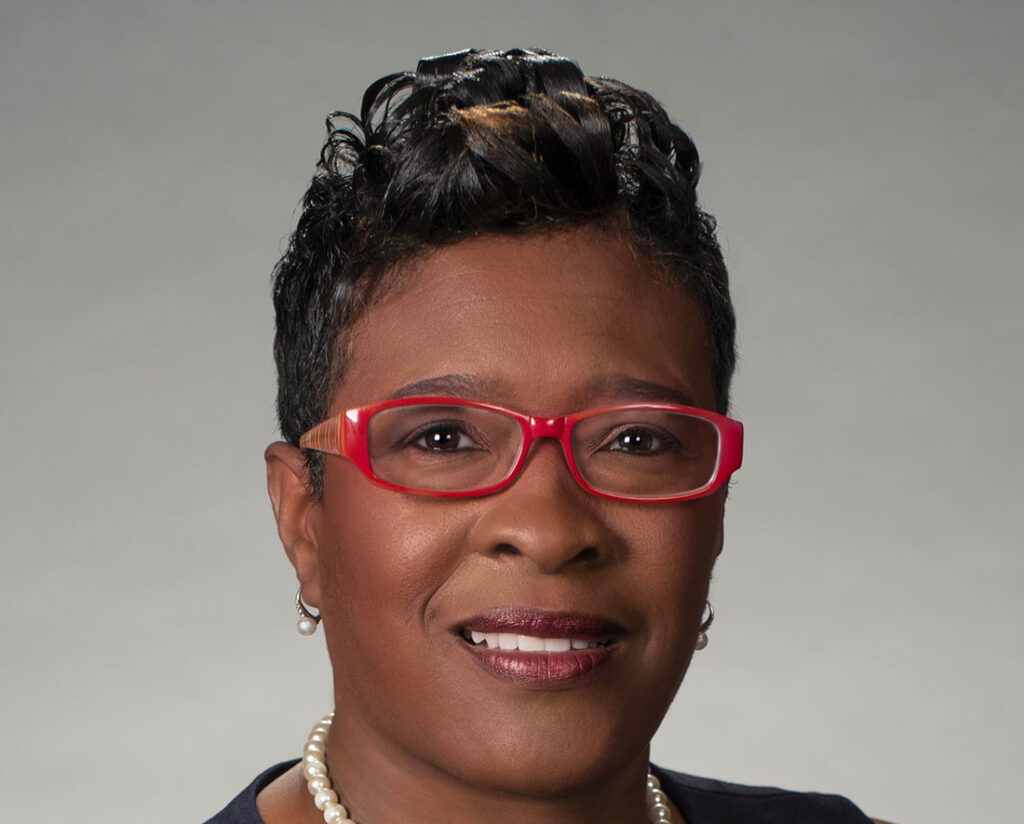
Waites supports solar power, improving transparency and lowering energy bills, but has not yet presented a detailed policy platform in this primary. Even so, she knows how to run a successful political campaign. That alone might make her the Democrats’ best chance to win if Daniel Blackman is disqualified.
District 2 Republicans
While President Donald Trump and congressional Republicans want to erase the Biden administration’s clean energy programs and electric vehicle subsidies through their “one big, beautiful” reconciliation bill, both the GOP candidates for PSC are proponents of clean energy like nuclear and solar.
Echols—who started the conservative Christian youth leadership program TeenPact and served as an aide to former congressman Paul Broun—was first elected to the PSC in 2010, then re-elected in 2016. He was an early advocate of electric vehicles and even had solar panels installed on the roof of his Winterville home. “Losing these clean energy credits will hurt solar and EVs,” Echols says. “I hope Congress will keep them.”
As Georgia power pushes to keep open two coal-fired power plants scheduled for retirement to meet demands for power from data centers popping up all over Georgia, Echols says he’s pushing for more solar in the mix.
His opponent, Augusta construction company owner Lee Muns, is also in favor of more solar, although he calls it more of a complement than a primary source of energy, and prefers rooftop solar over cutting down trees for solar farms. He says Georgia Power could convert those two coal plants—Plant Scherer near Macon and Plant Bowen near Cartersville—into ones that burn natural gas, which still emits greenhouse gases but is cleaner than coal. He would also encourage data centers to cluster together and build their own power plant, rather than tax the existing infrastructure.
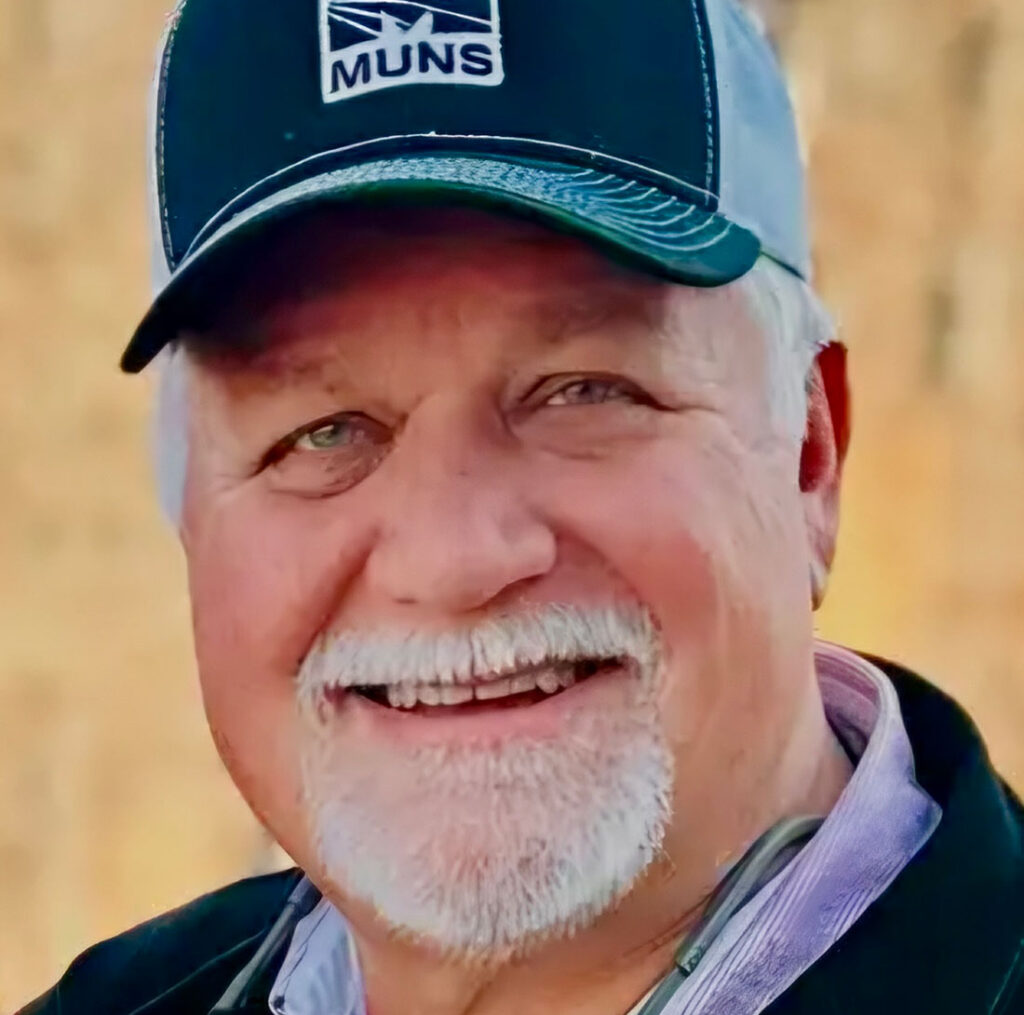
Georgia Power recently announced a three-year rate freeze, something Echols calls “a major milestone” after years of rate increases. Muns thinks Georgia Power can “tighten its belt,” but he contends the freeze is a tactic by Georgia Power to bolster incumbents. “They don’t want to see the incumbents they’ve got at the table go anywhere because they’re bought and paid for,” he says.
Many of those rate hikes were the result of seven years of delays and billions of dollars in cost overruns at Plant Vogtle, the nuclear plant near Augusta where two new reactors came online in 2023 and 2024. “It was too expensive, and it’s amazing that it was ever completed—yet we needed the power,” Echols says. “When [contractor] Westinghouse went bankrupt, it voided our very tight, fixed and firm contract that gave our consumers protection, and that was completely out of our control.”
Muns—who actually worked on the original Vogtle project as a young man in the late 1980s—disagrees, saying the PSC should have seen problems coming. Having worked on a number of power plants and visited other nuclear plants, he says he’s gained some expertise in power generation and distribution, and had he been on the commission at the time, he could have warned his colleagues of trouble ahead.
Muns believes nuclear plants should be standardized so they can be built quickly and cheaply, but overall he’s a supporter. “It is the most cost-effective, it’s a very clean technology, and it’s a reliable technology,” he says.
Like what you just read? Support Flagpole by making a donation today. Every dollar you give helps fund our ongoing mission to provide Athens with quality, independent journalism.



